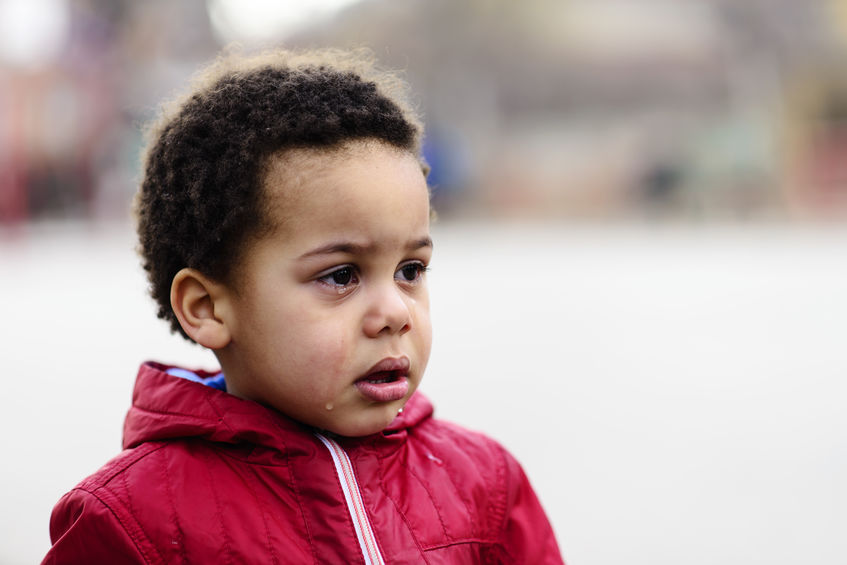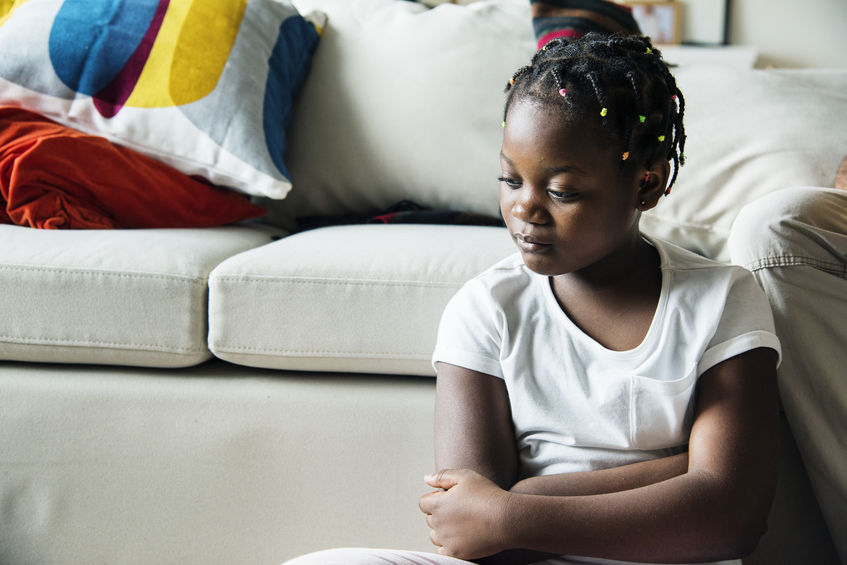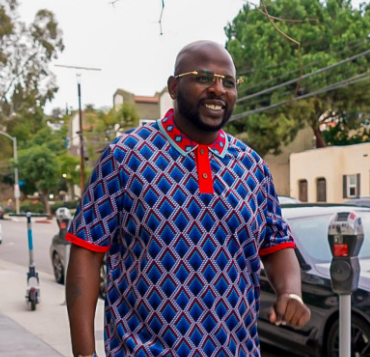-
play_arrow
On The Street On The Air | Kaya 959
Your child and the art of “I’m sorry”
By: Natasha Archary

If there’s one thing being a parent has taught me, it’s that my “Super-mommy” powers do nothing to coerce my child at times. And that’s expected. Kids have a mind of their own and should be allowed to freely express themselves without correction.
But as they develop and the more they engage in social group activities, at daycare or playdates, you will soon learn the importance of good old-fashioned manners. It’s not just about please, thank you or greeting people politely. No. It’s about acknowledging that a hurtful action deserves an apology.
Is it a big deal?
Yes. But an apology only means something if the person is actually remorseful. Which is why it is not advisable to force your child to say “I’m sorry.” This will dilute the meaning of the apology and teach your child that negative actions can be forgiven as long as you apologise.
This means that instead of forcing your child to apologise every time they exude questionable or unfavourable behaviour, you have a heart to heart. Many parents don’t see the point. It’s not like a two-year old has the ability to understand you. I mean they can barely string together a coherent sentence.
According to Maureen Healy, author and expert working with parents, teachers and children globally, timing is everything. Setting kids up with a fixed curriculum that aids early childhood development, from the age of two to five is vital to help them understand and express their emotions better.
Little people with big feelings
We’ve touched on just how overwhelming the big world can be for toddlers discovering everything for the first time. They do tend to imitate and pick up on our social cues. Watching and listening intently to how we communicate and interact with our surroundings.
If you’re the type of person who over-reacts if you misplace your cellphone, turning the entire house upside down trying to locate your device and yelling the whole time, chances are your child will want to mimic your behaviour the next time he can’t find his superhero action figure.
Catch the drift? This means you need to be an active role model for your children when it comes to expressing themselves appropriately.
Talk them through their feelings
There’s some evidence that shows children are able to show concern when someone’s in distress from the age of two. Which is an indication that children do not come into this world with anything other than trust, love and purity.
It’s what we as adults and their caregivers teach them that will ultimately define them. And truth be told, empathy is an emotionally intelligent skill that is difficult even for adults. So, to set this expectation on children is a big task.
All you can do is talk them through their feelings. If your child has an outburst or grabs something without asking as an example, it’s important to let them know that their behaviour is uncalled for.
“I know that you want your sister’s teddy, but you can’t grab it from her, you should try asking her if it’s okay to share. Okay? Because when you just grab something from someone it makes them feel sad.”

There’s nothing wrong with your child
At the age of two, most toddlers go through a phase where if they don’t have their way, they resort to biting or pinching their peers, parents or caregivers. Relax. It’s a totally normal part of development and most children go through this scary shark phase.
They eventually outgrow this and learn how to communicate their feelings of disappointment, frustration and anxiety a little better with time. The key thing to note here is that there is nothing wrong with your child. Children are still learning and they will constantly be pushing your boundaries to test the limits.
You need to maintain a level of consistency and be reassuring yet firm in how you raise them. Teaching them that when you hurt someone’s feelings or do something wrong is a negative action. Explaining what happens as a result and how we move forward is the practical approach to this parenting algorithm.
There’s no point in getting worked up if your child refuses to apologise. Because this just teaches them how to react if they don’t get their way, from watching you. No one said it was going to be easy to navigate their little world but learn it you must.
Lead by example
A good way to start, is by showing your child that there’s nothing wrong with apologizing. On the days you mess up as mom or dad, and are running late for morning drop-off, acknowledge that your child is late to their teacher.
If you forget to warm up the milk to the exact temperature they need for their fruit loops, or forget to pack their unicorn toy for school, no matter how big or insignificant it may seem to you, realise that it affects their fragile little hearts and say, “I’m sorry baby, I forget sometimes. It happens. But I’ll try better next time.”
This way you’re teaching your child that when you let someone down, an apology is the human thing to do. It’s showing them that no matter how big you get, you have to acknowledge right from wrong. But that an apology only works if you really, really mean it, with all 10 fingers and toes.
Written by: Natasha
Apologising Family Parenting Raising kids Say Sorry
Similar posts
-
MORE ARTICLES

Powerball Results: Draw Friday, 19 April 2024

WATCH: Gospel singer, Winnie Mashaba on her musical journey and the challenges she faced

WATCH: A focus on Gauteng as an economic HUB with Action SA and BOSA

WATCH: Big Zulu on his new body of work “Ngises’Congweni”, why he loves boxing and his creative process

From Horses to Wealth: Sizwe and the team respond to questions from their listeners
-
QUICK LINKS
UpComing Shows

The Hive
With Bonolo "Bee Sting" Molosiwa
Every "Hive" needs a Queen B and Bonolo "Bee Sting" Molosiwa is Kaya 959's honey who brings in the money. With her bubbly personality, infectious laugh, Bee Sting radiates positive energy which is all you need to get your weekend off to the best start. Don't miss the Afrobeat Dancehall Ragga (ADR) Top 10 on The Hive with Bee Sting every Saturday from 18h00 - 21h00.
close
Tune and Chill
with Tyroline Franks
Tune and Chill with Tyroline Franks on Kaya 959. Weekends, Saturday and Sunday, 15pm-18pm.
close
On the Beat
On the Beat with George Manyosi on Kaya 959. Saturday's, 18pm-21pm.
close
Touch of Soul
With T Bose
Kaya 959 takes back Sundays with A Touch of Soul, the only show bringing you soul and RnB music that touches your mind, body and spirit. The Best T in the City, T-bose takes you back to a time when music was made to last. A Touch of Soul is the perfect wind-down to your weekend. Sundays 14h00 to 18h00.
close
The Jazz Standard
with Brenda Sisane
The Jazz Standard with Brenda Sisane. Sunday's 12:00-15:00.
close
Spade of Hearts
With Xola Dlwati
WITH XOLA DLWATI: SATURDAYS 12:00 -15:00 Spade of Hearts is a fuse of love and soulful sounds, pulling at your heartstrings. Tune in for songs that will take you down memory lane. It is the sound that once dominated your playlist. It airs Sundays 12:00 – 15:00.
closeConnect with Kaya 959
DownLoad Our Mobile App
© 2024 Kaya 959 | On The Street On The Air











